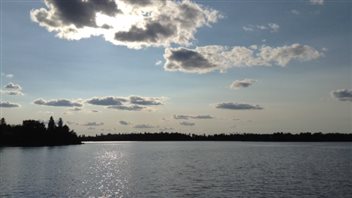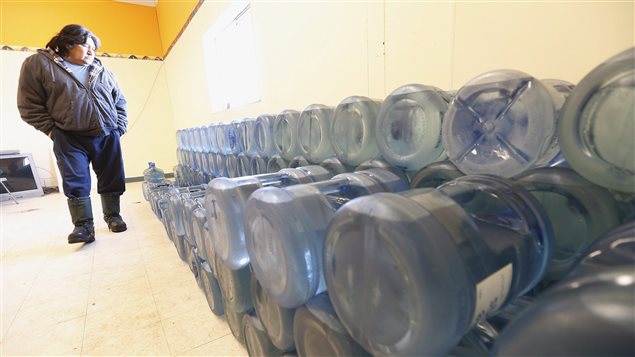It may be hard to believe but access to clean water has got worse for aboriginal people living in the remote community of Shoal Lake in the province of Ontario. Their water has been unfit to drink 17 years, but now they are running out of the bottled water and the means to obtain it.
Shoal Lake has no all-weather road and was cut off from the mainland after a ferry failed to pass a government inspection and was pulled out of service.
The leader of the Green Party, Elizabeth May is calling on the government to restore ferry service immediately and to help ensure an all-weather road is built.

Access to water a long-standing problem
Amnesty International Canada has criticized the Canadian government for failing to ensure access to clean water for many indigenous people. It notes “An estimated 20,000 First Nations people living on reserves across Canada have no access to running water or sewage. In addition, at any one time 110 to 130 First Nations are under boil water advisories because their municipal water is not safe to drink.
“In 2006, an expert panel appointed by the federal government concluded that drinking water problems in First Nations communities were primarily the result of federal underfunding.”







For reasons beyond our control, and for an undetermined period of time, our comment section is now closed. However, our social networks remain open to your contributions.